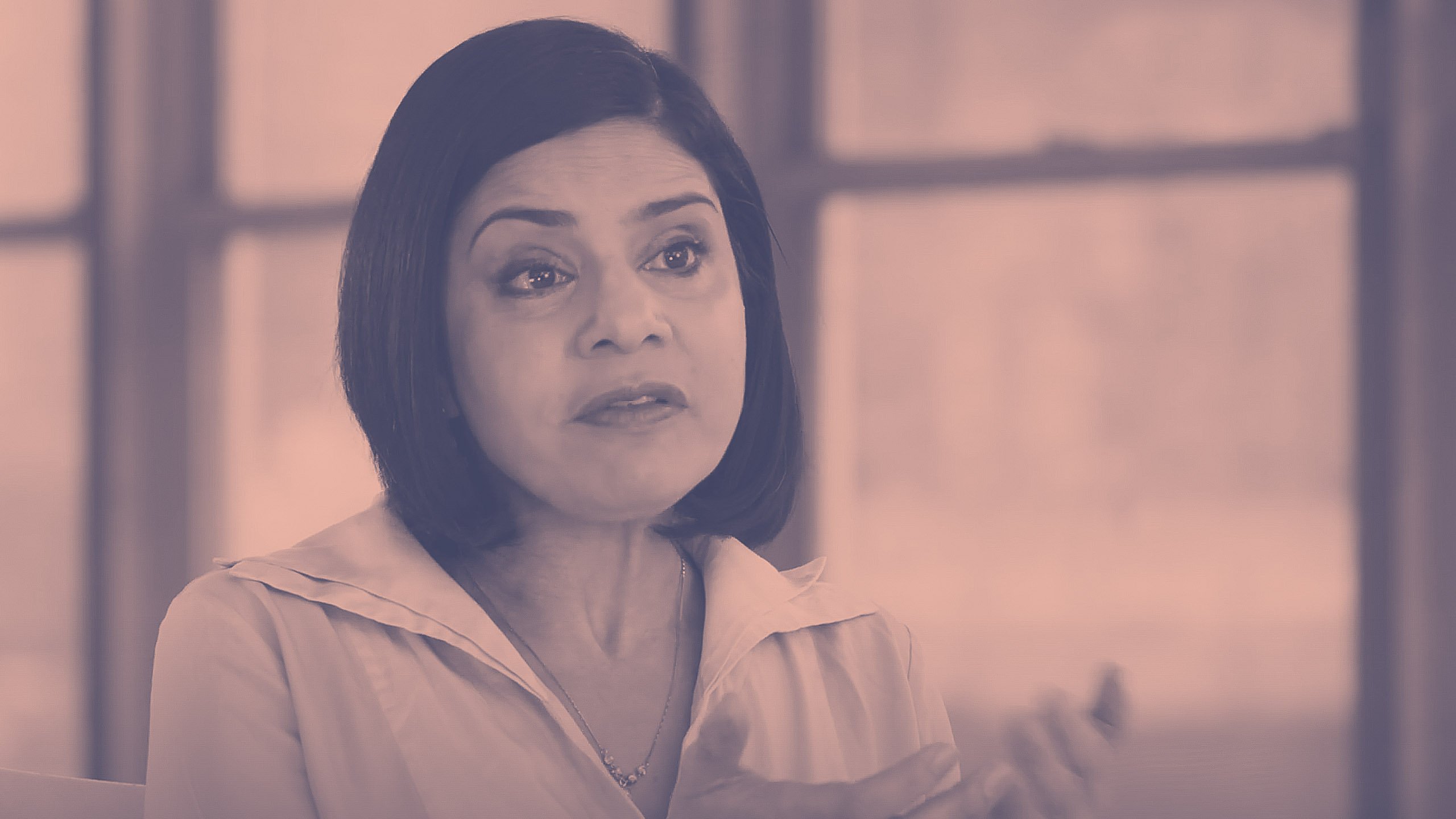Emotional Support After a Cancer Diagnosis
- A cancer diagnosis can trigger fear and anxiety
- These emotions are perfectly normal, but can make it hard to focus on next steps after a diagnosis
- A medical social worker's role is to offer emotional support, and help guide you during your cancer treatment journey
A Social Worker Can Help You Digest a Diagnosis of Ovarian Cancer …
Read MoreMindfulness Techniques Can Help Manage Anxiety After a Cancer Diagnosis
Ostracher says that anxiety is completely normal after a cancer diagnosis or while in treatment. She helps patients try to ground themselves in the present moment. "It might sound like an oxymoron because the present is anxiety-provoking, but it’s really about letting the anxiety come and go, letting it wash over you, but still taking charge where you can. Taking control where you can. One of the ways you have some control is by going to that medical appointment."
Ostacher introduces patients to mindfulness techniques that can help them stay grounded rather than letting their thoughts and worries spiral out of control. "I’ll often teach people some breathing techniques, something simple, like putting both of your feet on the floor, resting your arms on the chair, then taking a deep breath in, and breathing out slowly."
Deep breathing has been shown to be one of the best ways to lower stress in the body. This is because when you breathe deeply, it sends a message to your brain to calm down and relax. The brain then sends this message throughout your body. The things that happen when you’re stressed, such as increased heart rate, rapid breathing, and spiked blood pressure, all can decrease as you breathe deeply to relax.
Ostacher will also share some cognitive strategies for patients to use, to help them try not to get caught up in all-or-nothing thinking. "It’s so easy when we’re stressed to do that,” she says. "I really try to help folks be mindful of that [type of] thinking so they can come to more of a middle ground, to see the gray rather than just viewing their situation in stark black and white.”
Learn more about SurvivorNet's rigorous medical review process.




